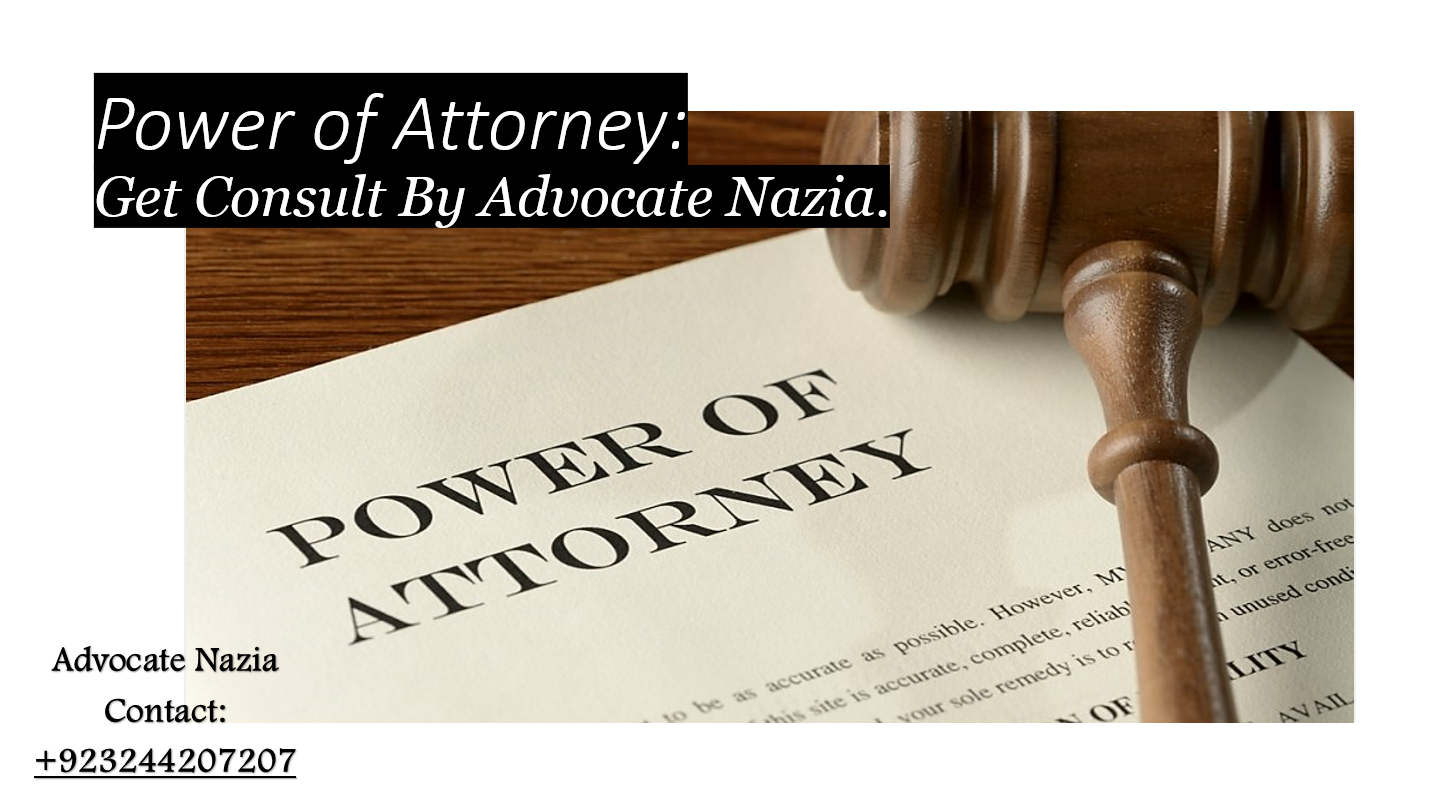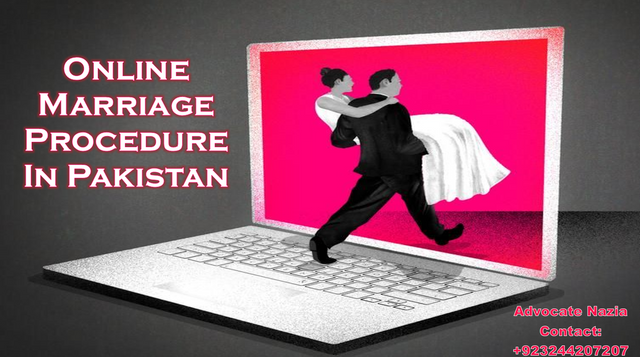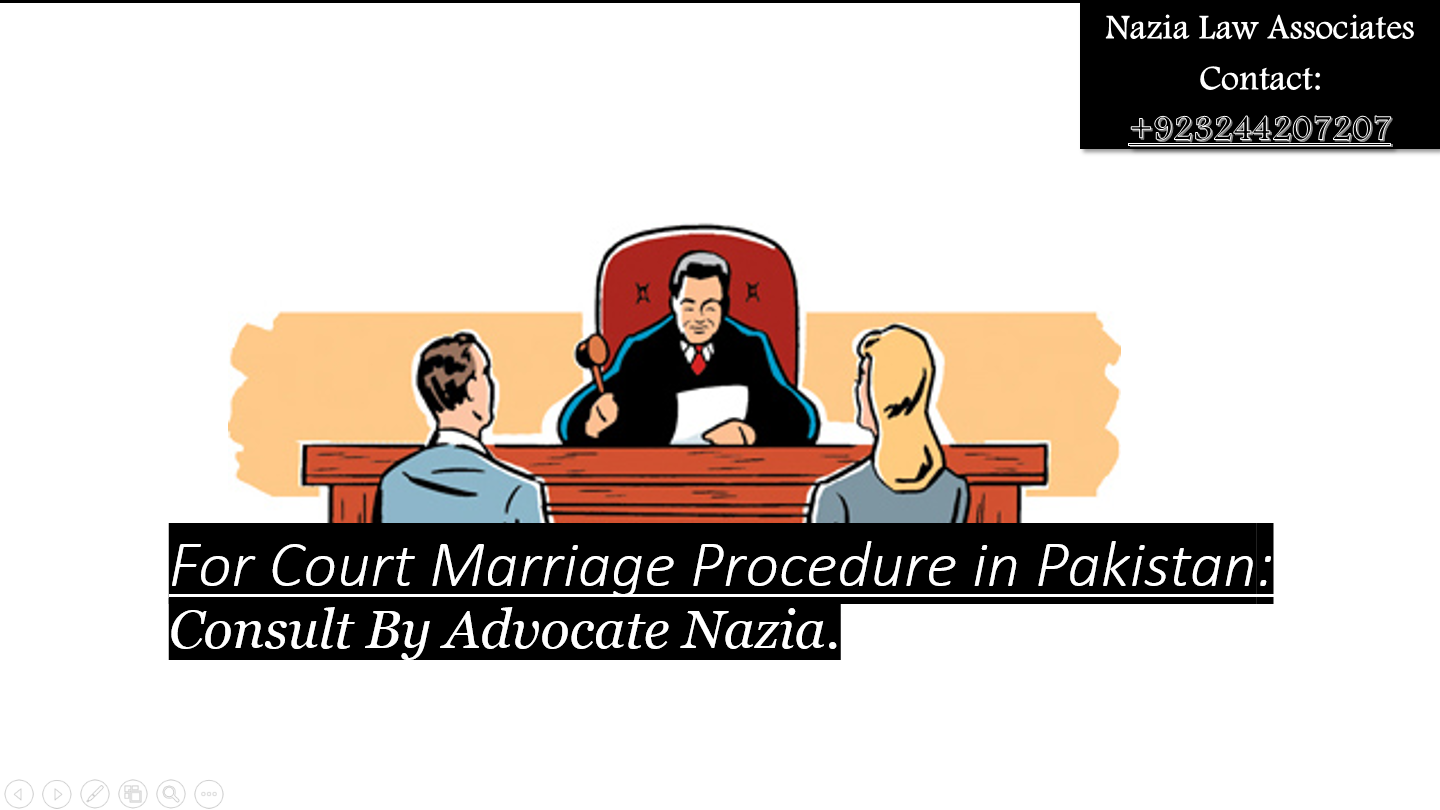Get Services By Lawyer in Pakistan for Detention Cases

SUMMARY
Lawyer in Pakistan for Detention Cases:
If you are looking a lawyer in Pakistan or law firms in Lahore for detention cases you may contact Jamila Law Associates. Our Lawyer in Lahore & Lawyer in Lahore Pakistan is best To Deal the Property & Civil & Family Case. Now Choose our Lawyers in Lahore & Lawyers in Lahore Pakistan for Success in Law Matters. Suppose he is not placed under arrest but is cautioned. The officer who gives the caution must immediately notify him that he is not under arrest. So the basic rule is that the police can only keep someone in the police station if they arrest him or voluntarily agree to be held by them. (But see Searching Someone. A suspect’s rights Police questioning if a person decides to help the police (or if he is arrested) rules governing how he is questioned through a lawyer in Pakistan or law firms in Lahore.
Home Office Code:
A detailed Home Office Code backs these up on the Detention, Treatment, and Questioning of Detainees (generally called The Detention Code). The code sets out the rules that the police should follow, but these rules are not binding on the police. So if a police officer conducts an interview that does not follow the rules, it does not necessarily follow that the evidence obtained will be inadmissible is for the trial judge to decide.
Judge:
The judge will probably only rule it out if it would be oppressive or unfair to include it. Rights on detention As soon as a suspect is detained, he must be told why – and also that he has: The right to see a lawyer in Pakistan or law firms in Lahore; The right to have someone informed of his detention. In addition, the custody officer (i.e., the policeman responsible for all detained suspects-a different policeman from the one dealing with the suspect’s case) must give him a written note of these three legal rights.
Law Firms in Lahore:
That written note through a lawyer in Pakistan or law firms in Lahore will also give him the usual caution. Police questioning A suspect cannot be made to help the police: if he refuses to answer the police questions, then there is nothing (in theory, anyway) that the police can do about it. Firstly, there is a fundamental legal principle that says that a suspect’s silence is not to be held against him-in other words; the mere fact that he did not answer questions is not to be used as an argument that he must have something to hide! Secondly, the police should not use force or pressure to get answers to their questions.
Example:
For instance, the code says: “No police officer may try to obtain answers to questions… by the use of oppression, or shall indicate, except in answer to a direct question. There are other rules that the police have to observe as claimed by a lawyer in Pakistan or law firms in Lahore, many of which aim to ensure that unfair pressure is not put on suspects. For instance, cells must be clean. There should be two light meals and one main meal each day. The suspect must be allowed at least eight hours’ rest each day; it must properly heat interview rooms; suspects are not to be made to stand; there must be a break from interviewing at normal meal times, and as a general rule -there should be short refreshment breaks every two hours.













